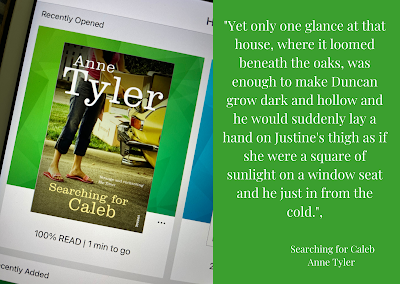A while ago I visited an excellent exhibition of 'Vikings' in Tongeren in Belgium. While checking out the museum shop I found this interesting book about the Celts. We are full of admiration for the Romans who were so ahead of things in a lot of areas. Well, to my surprise a lot of things the Romans did, came from the Celts and was adapted by the Romans. Now we know!
At the start of the first millennium BC, a civilisation which had developed from its Indo-European roots around the headwaters of the Rhine, the Rhone and the Danube suddenly erupted in all directions through Europe. Their advanced use of metalwork, particularly their iron weapons, made them a powerful and irresistible force. Greek merchants, first encountering them in the sixth century BC, called them Keltoi and Galatai. Later, the Romans would echo these names in Celtae, Galatae and Galli. Today we generally identify them as Celts.
So starts the book, and by this time I am already hooked. They have been described as the 'first Europeans'. Their original homeland was an area in the middle of Europe, and from their they expanded. At the height of their expansion, by the third century BC, 'they were spread from Ireland in the west across Europe to the central plain of what is now Turkey in the east; they were settled from Belgium in the north as far south as Cadiz in Spain and across the Alps into the Po valley.' Their settlements have also been found further east, so one can imagine what a great empire it was. Or not? It seems that they did not unite in an empire, like for example, the Romans, but stayed in tribes on a local level. Unfortunately, the early Celts did not leave any writings behind. It was only from the Christian time that they started to use writing. Most of the sources to their lives therefor come from the Greeks and the Romans. Being enemies of the Celts, one has to take the information with a little pinch of salt. Although, Julius Ceasar seemed to have been rather impressed by them.
We get a brief overview of the different aspects of society; the Kings and Chieftains, Druids, Warriors, Women, Farmers, Physicians, Cosmology, Road Builders, Artists and Craftsmen, Architecture and Religion. They were far ahead in all of the areas. I will just mention some of the more important women, and I am sure that you have heard at least one name. They seemed to have been very competent women, even going out to fight wars. There were, among others, Teuta, Chiomara, Camma, Cartimandua and Boudicca. The last one, I think is the most famous of the queens. When I went to the Brussels Book Swapping club last week, I found Barbara Erskine's novel
Daughters of Fire which is about Cartimandua. It will be interesting to read this historic fiction, after reading
The Celts.
We learn a lot of Celtic words and how their tongue has spread to other language groups in Europe and how they are connected. It is all very interesting. Some names we use today, are even from the Celts' time and it has a meaning in their language, even if we do not understand it today. Unless you speak Gaelic/Irish/Welsh? As the tribes were separated the dialects have developed in different directions.
A very interesting book, and I learned a lot about the Celts. I am full of admiration for them and what they achieved. They were not violent people even if they defended themselves when they were attacked. They were very intelligent and skilled people, even had knowledge on astronomy. Peter Berresford Ellis, is an authority on the Celtic peoples and their culture, and he manages to make them come alive on the pages, and gives us an idea how life was for them. He is even touching upon king Arthur and Merlin.
Some of the writings from old sources are rather amusing in all its horrible details. The background is that the Romans had slaughtered peaceful Celtic ambassadors at one point. This was remembered by queen Teuta who had some problems with the Romans.
Rome decided to take a hand in the affairs of Teuta and sent ambassadors to lecture her. If the arrogance of the Fabii ambassadors towards the Celts at Clusium is anything to go by, perhaps it is no wonder that Teuta, as Polybius puts it, 'gave way to a fit of womanish petulance"- She had the Roman ambassador and his party assassinated. But because the rules of hospitality applied, she waited until the ambassador and his party were already on their ships about to make sail for Rome. It was not a politically wise thing to do. Rome dispatched 200 ships commanded by Gnaeus Fulvius to attack Teuta's kingdom.







Comments
Post a Comment